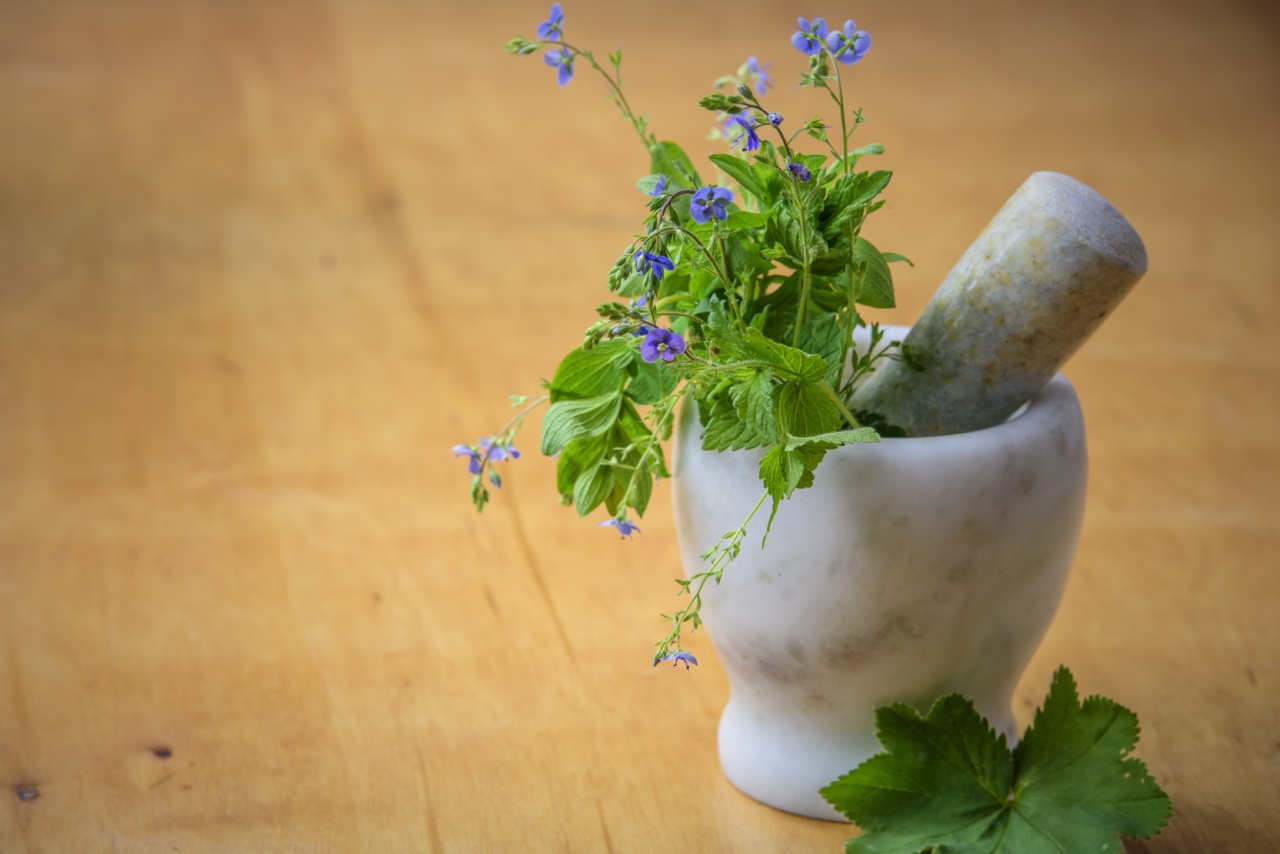Endometriosis is a health condition that affects millions of women worldwide. This disorder occurs when the tissue that lines the uterus grows outside of it, leading to inflammation and pain.
The symptoms of endometriosis can be very debilitating and affect the quality of life for women suffering from the condition. Traditional treatments for endometriosis often involve surgery or hormone therapy, which can come with many side effects.
However, recent studies have shown that there may be a natural way to manage endometriosis symptoms using an antimicrobial substance found in leaves.
What is Endometriosis?
Endometriosis is a condition in which the tissue that normally lines the inside of the uterus grows outside of it. This tissue can grow on the ovaries, fallopian tubes, bowel, or other areas in the pelvic region.
While this tissue is similar to normal endometrial tissue, it can cause inflammation and pain when it grows outside of the uterus. Women with endometriosis often experience chronic pelvic pain, painful periods, pain during sex, and infertility.
Traditional Treatments for Endometriosis
Traditional treatments for endometriosis often involve surgery or hormone therapy. Surgery is often used to remove the endometrial tissue and can be very effective at reducing symptoms.
However, it can also come with risks such as infection, bleeding, and damage to surrounding organs. Hormone therapy is also commonly used to manage endometriosis symptoms. This involves taking medications that block or reduce the production of estrogen, which can help slow the growth of endometrial tissue.
However, hormone therapy can also come with side effects such as weight gain, mood changes, and decreased bone density.
The Antimicrobial Substance Found in Leaves
Recent research has shown that there may be a natural way to manage endometriosis symptoms using an antimicrobial substance found in certain leaves.
This substance, known as catechins, is a type of flavonoid that has been shown to have strong antimicrobial, anti-inflammatory, and antioxidant properties.
How Catechins Can Help
When catechins are ingested, they can help reduce inflammation and oxidative stress in the body. This can be especially beneficial for women with endometriosis, as chronic inflammation can contribute to the growth and spread of endometrial tissue.
In addition, catechins have been shown to have antimicrobial properties, which can help reduce the risk of infections that can exacerbate endometriosis symptoms.
Sources of Catechins
Catechins can be found in a variety of plant-based foods, including tea, cocoa, berries, and certain types of leaves. The leaves of the camellia sinensis plant, which is used to make green tea and other types of tea, are particularly high in catechins.
In addition, certain types of leaves, such as those of the guava plant, are also high in catechins.
How to Use Catechins for Endometriosis
In order to use catechins as a natural remedy for endometriosis, it is important to consume foods and beverages that are high in this substance.
Green tea is one of the best sources of catechins, and drinking several cups of green tea per day may help alleviate endometriosis symptoms. In addition, adding guava leaves to teas or incorporating them into meals can also help boost catechin intake.
Other Natural Remedies for Endometriosis
While catechins are a promising natural remedy for endometriosis, there are also many other natural remedies that can be used to manage symptoms. These include:.
- Acupuncture
- Herbal supplements
- Dietary changes
- Exercise
It is important to talk to a healthcare professional before trying any new natural remedies, as they may interact with medications or have unintended side effects.
The Bottom Line
Endometriosis can be a difficult condition to manage, and traditional treatments may not be effective for everyone. However, recent research has shown that there may be a natural way to manage symptoms using an antimicrobial substance found in leaves.
Catechins, which are found in high amounts in green tea and certain types of leaves, have been shown to have strong anti-inflammatory, antimicrobial, and antioxidant properties. While more research is needed to fully understand how catechins can be used to manage endometriosis symptoms, they offer a promising natural remedy for women suffering from this condition.































